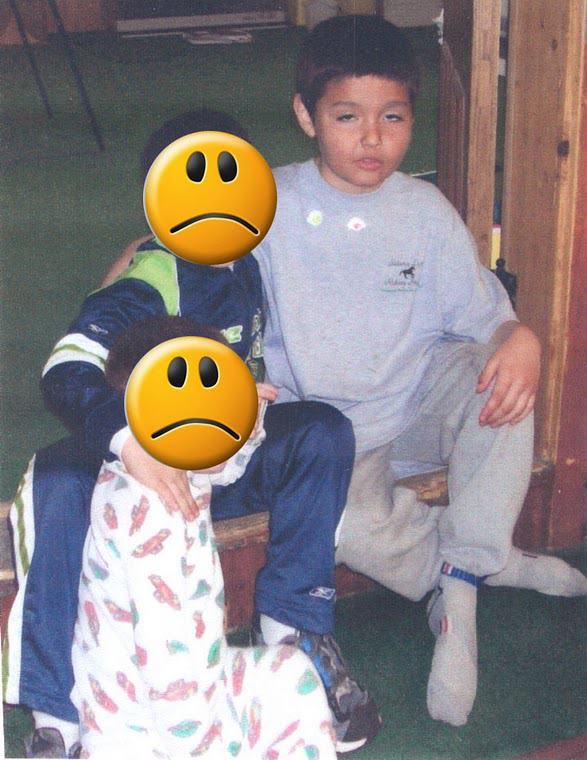Dough children
March 17, 11:36 AMCharlotte Foster Families ExaminerCheryl Hudson-Walker
Peaceful living here now
Cheryl
Approximately 1,453 children in Mecklenburg County were in foster care on December 30, 2008, according to the most up to date data available http://ssw.unc.edu/ma . The foster care process is guided by Federal Child Welfare Legislation, primarily the Adoption and Safe Families Act of 1977 (ASFA, U.S. Public Law 105-89). This act promotes the timely return of foster children to their biological parents by mandate. Reconnecting children in foster care with their parents and or family is one of the goals of the child welfare system. This process is called Reunification (Permanency Planning) which is:
Safely returning children back home to their parent or caregiver.
Putting families back together.
Providing services to enable parents to regain and maintain custody.
Often time’s reunification takes longer to happen and ultimately adoptions happen earlier. Studies have shown that infants are less likely to be reunified with their family than older children and African-American children are less likely to be reunified than children of other racial/ethnic backgrounds.
It would appear that the system designed to make families whole again are now in the business of forming new family ties. It could easily be characterized as being symbolic rather than substantive, reactive and punitive rather than proactive and supportive. Reunification is just the new catch phrase to make parents feel that all hope is not lost and there is a chance to reunite.
As long as states can receive more federal dollars to keep children housed in foster care the numbers of reunified families will continue to decrease. Stanford law professor Michael Wald noted in 1976 that, although state child welfare agencies received federal funds for each child in their custody, "the agency loses this money when the child is returned home, even though the agency must still provide services to the child.
If a child is kept in the system more than two years the likelihood of their return home gets slimmer. In Mecklenburg County in 2007-2008 eleven children left custody and of that number only one was reunified with family and eight were adopted according to data provided by http://ssw.unc.edu/ma.
It is lucrative for states to house children in foster homes versus their family homes. With the ultimate goal of making money the children end up the losers all around.
http://www.examiner.com/x-41448-Charlotte-Foster-Families-Examiner~y2010m3d17-Dough-children

No comments:
Post a Comment